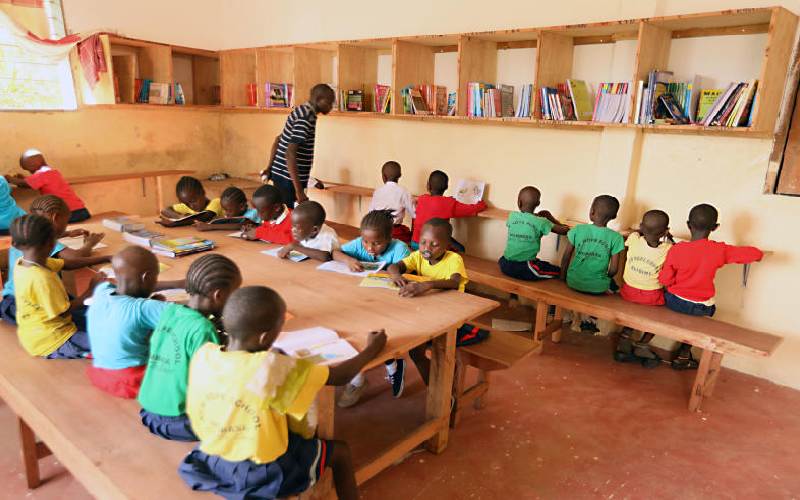×
The Standard e-Paper
Fearless, Trusted News

Five years ago, I visited a school library and left a very discouraged man. All I had seen were textbooks approved for use by students and teachers in the teaching and learning of the disciplines in which KCSE candidates are examined.